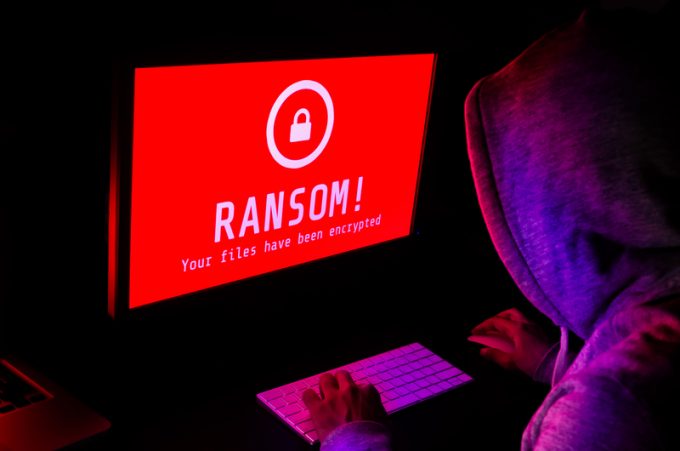European forwarders set for a bumpy ride in automotive logistics, says Ti
The shift to electric in the automotive sector is harming European forwarders and car-carriers, while ...

Services may again be operational, but a cyber attack against US-based supply chain SaaS provider Blue Yonder has added further worries to logistics companies around ongoing geopolitical instability.
The attack last Thursday (21 November) affected an unknown number of Blue Yonder customers – in the UK, supermarkets Morrisons and Sainsbury’s both confirmed their systems had been knocked out of action.
A Sainsbury’s spokesperson told The Loadstar “service has since been restored”, although would not be drawn ...
Outlook for container shipping 'more uncertain now than at the onset of Covid'
Teamsters union vows UPS will be 'in for a hell of a fight' over jobs cull
Shippers warned: don't under-value US exports to avoid tariffs – 'CBP will catch you'
Cancelled voyages take the sting out of spot rate declines this week
New Houthi warning to shipping as rebel group targets specific companies
K+N CEO unveils impact of US import tariffs on China-origin goods
Blanked sailings in response to falling demand 'just a stop-gap solution'
More pressure on transpacific rates as carriers bet on a China-US trade deal
CMA CGM to reflag box ship as the French carrier eyes growing Indian market
Boeing looks to resell up to 50 aircraft rejected by Chinese buyers
'Strong start' to 2025, despite market uncertainty, says Kuehne + Nagel
US Customs chaos means 'more downside risk than upside potential' for air cargo
Taiwan ministries act to mitigate effect of trade war on agriculture exports
Wan Hai joins box shipping 'arms race', but avoids Chinese yards for newbuilds
MOL signs up with Climeworks for direct air carbon capture and storage

Comment on this article